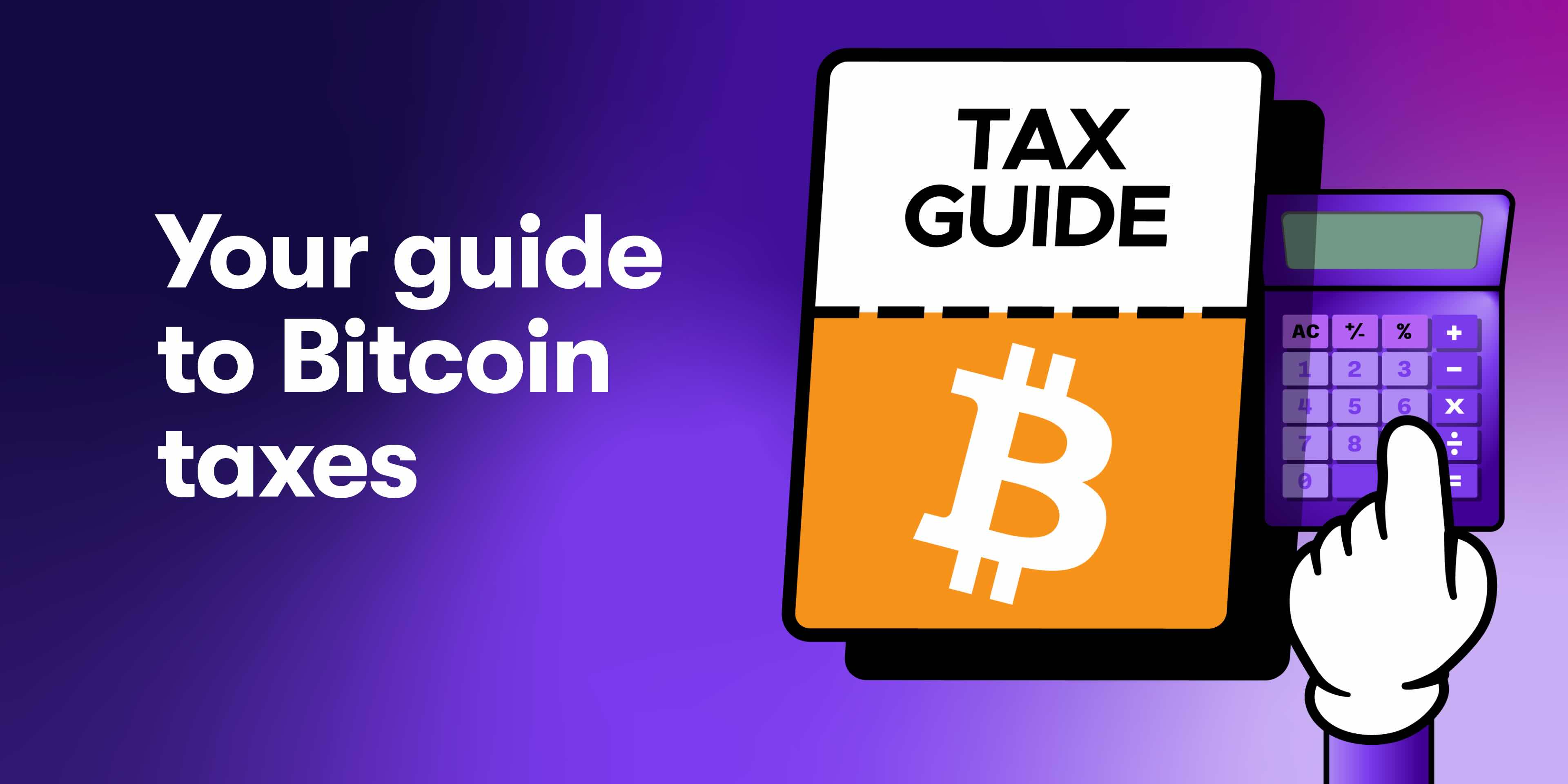Given crypto’s decentralized nature, many investors may find themselves wondering whether they really need to report it on their taxes. After all, how will the IRS know if I don’t report?
The reality is, the IRS has multiple tools and initiatives to track crypto activity, especially for a big player like Bitcoin. Here’s how the IRS knows (or can find out) about your Bitcoin holdings and transactions:
How the IRS Knows You Own Bitcoin
Exchange reporting (1099s)
Crypto exchanges are required to report user transactions to the IRS. Starting with the 2025 tax year, new laws will mandate exchanges issue expanded 1099 forms to both you and the IRS summarizing your crypto trades (including cost basis).
Even before this, many exchanges have issued 1099-Ks or 1099-Bs for high-volume traders. The IRS can match these forms to your return. If a 1099 shows you had $50,000 of crypto proceeds and your return shows nothing, that’s a red flag.
John Doe Summons and data requests
The IRS has compelled companies like Coinbase, Kraken, and others to turn over lists of customers and their transaction data above certain thresholds.
For example, Coinbase was ordered to disclose users with over $20,000 in crypto transactions in a year (for 2013-2015), and the IRS sent out warning letters in 2019 to thousands of people who may not have reported. More recently, similar summons have hit other exchanges.
Essentially, if you used a major exchange and had substantial activity, the IRS either has your info or can get it.
Blockchain analysis
Bitcoin’s blockchain is public. Specialized firms like Chainalysis and Elliptic analyze blockchain data to identify addresses and cluster transactions. The IRS (and other agencies) use these services.
If your identity ever becomes linked to a Bitcoin address (say you withdrew from Coinbase to your personal wallet, Coinbase knows that address belongs to you), then any transactions from that address can be traced to you.
Even without an exchange, sophisticated analysis might connect addresses to individuals (through IP logs, spending patterns, etc.). The IRS has a whole Cyber Crimes unit that uses these techniques to find tax evasion and other crimes involving crypto.
{{can-the-irs-track-bitcoin-cta-1}}
Enhanced enforcement
The IRS has put crypto on the priority list. They launched initiatives like Operation Hidden Treasure (aimed at unreported crypto income) and have trained agents in crypto tracing.
With additional funding in recent legislation, the IRS is expanding enforcement in areas like crypto. They’ve already sent multiple rounds of compliance letters and even pursued criminal cases against willful evaders.
All of this makes it clear your your Bitcoin activities aren’t invisible.
The IRS can find unreported crypto, either through matching forms, investigating exchanges, or analyzing the blockchain itself. The penalties for not reporting can be severe – back taxes, interest, accuracy penalties (typically 20%), or even fraud penalties (75%) and criminal charges in extreme cases.
Additionally, since 2020, your Form 1040 asks if you engaged in any digital asset transactions. This question is broadly worded. Answering “No” when you actually did have taxable crypto events could be considered perjury. It’s most used to remind taxpayers and catch out blatant denials. The safe move is to always answer truthfully (which for most crypto users is “Yes.”). Lying here could compound your problems if you’re audited.
But if you report properly and pay what you owe, you don’t need to worry. The IRS’s goal is to get voluntary compliance. Use tools (like Crypto Tax Calculator) and professionals to get your crypto tax reporting right.
If you realize you missed something in past years, it’s often best to amend your return or come forward before the IRS contacts you. The IRS tends to be more lenient if you correct mistakes proactively rather than them catching you.
(For a detailed look at how the IRS tracks crypto, see our article “How the IRS knows your crypto” which covers these enforcement methods and what they mean for taxpayers.)
The information provided on this website is general in nature and is not tax, accounting or legal advice. It has been prepared without taking into account your objectives, financial situation or needs. Before acting on this information, you should consider the appropriateness of the information having regard to your own objectives, financial situation and needs and seek professional advice. Crypto Tax Calculator disclaims all and any guarantees, undertakings and warranties, expressed or implied, and is not liable for any loss or damage whatsoever (including human or computer error, negligent or otherwise, or incidental or Consequential Loss or damage) arising out of, or in connection with, any use or reliance on the information or advice in this website. The user must accept sole responsibility associated with the use of the material on this site, irrespective of the purpose for which such use or results are applied. The information in this website is no substitute for specialist advice.
FAQ
Does the IRS know I own Bitcoin?
It is increasingly likely if you've used a major exchange that the IRS knows you own Bitcoin.
The IRS receives data from crypto exchanges via 1099 forms, enforces John Doe summons to access user records, and works with blockchain analytics firms to trace wallet addresses and transactions.
If your identity is ever linked to a Bitcoin address (such as through a withdrawal from an exchange), all related activity can potentially be tracked. Even if you haven’t received a tax notice yet, that doesn’t mean you're invisible.
The IRS has made crypto enforcement a priority and is expanding its capabilities.
Do Bitcoin transactions get reported to the IRS?
Yes, Bitcoin transactions can be reported to the IRS, especially when they occur through centralized crypto exchanges based in or serving users in the U.S.
These platforms may issue IRS forms such as 1099-B, 1099-K, or 1099-DA (starting from the 2025 tax year), which summarize your transactions, including gains, losses, and cost basis.
These reports are sent to both the IRS and the taxpayer.
Even without a form, you're still legally required to report all taxable events involving Bitcoin, such as sales, conversions, payments for goods or services, or earning Bitcoin as income.
Can the FBI track Bitcoin transactions?
Yes, the FBI can and does track Bitcoin transactions, often working alongside blockchain analytics firms and other federal agencies like the IRS or DEA.
Despite Bitcoin’s reputation for privacy, its blockchain is public and records every transaction permanently. The FBI uses sophisticated tools and methods to trace funds across wallets, especially when Bitcoin is used in criminal investigations, such as ransomware, darknet activity, or fraud.
If a wallet address is linked to an identity, all related transactions can be traced. The FBI has successfully recovered millions in stolen or illicit Bitcoin through these investigative techniques.
What happens if you don't report Bitcoin to the IRS?
Failing to report Bitcoin transactions to the IRS can lead to serious consequences.
If you're audited and the IRS finds unreported crypto income or capital gains, you could face back taxes, interest, and accuracy-related penalties (typically 20%). In cases of willful tax evasion, the penalties are steeper—up to 75% for fraud, and even criminal charges carrying potential jail time.
Additionally, since 2020, Form 1040 includes a mandatory question about digital asset activity. Falsely answering “No” when you’ve had crypto transactions could be considered perjury. The safest route is full, honest reporting—even if you made a mistake in the past.
How traceable is Bitcoin?
Bitcoin is far more traceable than many people think. Every transaction is recorded on the public blockchain, which means anyone can view its history—including addresses, amounts, and timestamps.
While Bitcoin addresses don’t contain personal info, once a wallet is linked to an identity (via an exchange, IP address, or metadata), all its activity becomes traceable. Law enforcement agencies use blockchain forensics firms like Chainalysis to cluster wallet addresses and map out transaction flows.
This has made Bitcoin useful for catching fraud, money laundering, and tax evasion—contrary to its early reputation for anonymity. In short, Bitcoin is pseudonymous, not anonymous.












































































































































































.jpg)




